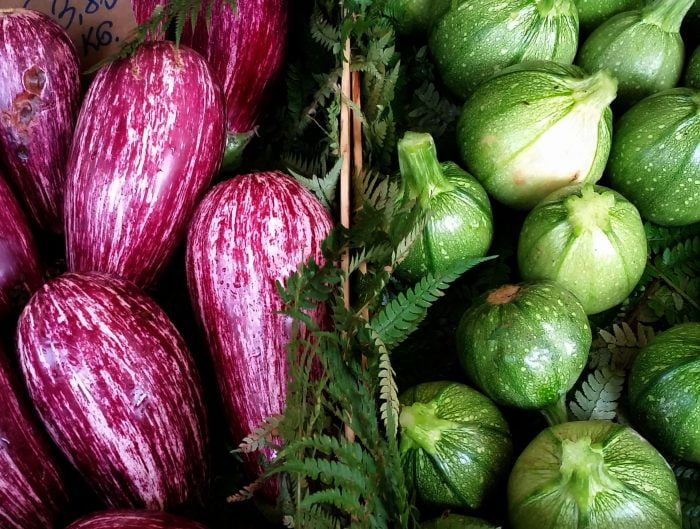The WHO says we shouldn’t bother with artificial sweeteners for weight loss or health. Is sugar better?
In people with diabetes, artificial sweeteners did not improve or worsen any clinical indicators used to monitor their diabetes such as fasting blood sugar or insulin levels. Higher intakes of artificial sweeteners were associated with an increased risk of type 2 diabetes, cardiovascular disease and death in the long-term prospective observational studies that followed participants for an average of 13 years. But artificial sweeteners were not associated with differences in overall cancer rates or premature death from cancer.
The real cost of your chocolate habit: new research reveals the bittersweet truth of cocoa farming in Africa’s forests
Our map demonstrates the massive role that cocoa may be playing in forest destruction in West Africa, including in protected areas. This is a complex problem, with no easy fix. Cocoa is grown by an estimated two million mostly small-scale farmers, who typically live below the poverty line on less than US$1 a day. Expanding their cocoa farms into forest is one way farmers and their families can maintain or improve their livelihoods. To fix this problem, we must help farmers manage existing farms in a more productive and sustainable way. Stronger law enforcement is also needed, to safeguard protected areas. Both will require action from governments and companies. More money from chocolate sales should end up with the farmer. And consumers may also have to pay more for their chocolate.
Coffee, brought to you by bees: a case study in how restoring habitat is a win-win for forests and farmers
However, our new research shows that coffee farmers who restore patches of forest across their properties can nearly double their profits with just a 15% increase in natural habitat over five years. The benefits, a result of higher pollinator numbers, continue to increase for both farmers and forest over the long term (40 years). This is the first study that assessed such benefits in the long term and at a large scale.
Why your $20 salad bowl is costing you $30 on a delivery app
Ramon Castillo, the chief marketing officer at Zeus Street Greek, said the price difference between its delivery menu was “100 per cent in place to offset the fees charged by third-party delivery companies”.
“The convenience that delivery partners offer comes at a cost,” he said. “The ability for our franchisees to absorb these fees in addition to our other operational costs is simply not sustainable.”
Why do ultra-processed foods make us so sad?
A separate new study, published in the Journal of Affective Disorders, found that a diet high in ultra-processed foods (UPFs) can increase the risk of depression by as much as 23 per cent. There was a dose-response, explains lead author Dr Melissa Lane, from Deakin University’s Food and Mood Centre, meaning that the likelihood of developing depression jumps when ultra-processed foods make up around 30 per cent of the total diet.
Too sweet and .. pineapple. A brief history of sweet and sour pork in Australia
I came across someone the other day who has never eaten sweet and sour pork. The more I tried to explain what it was the more she looked bewildered then disgusted. I rose to its defence as she asked me more and more about the dish: was it really Chinese, what was the sauce made of, what was pineapple doing in a supposedly Chinese dish, when and where was it created? But I was floundering. Time to do some researching I thought.
